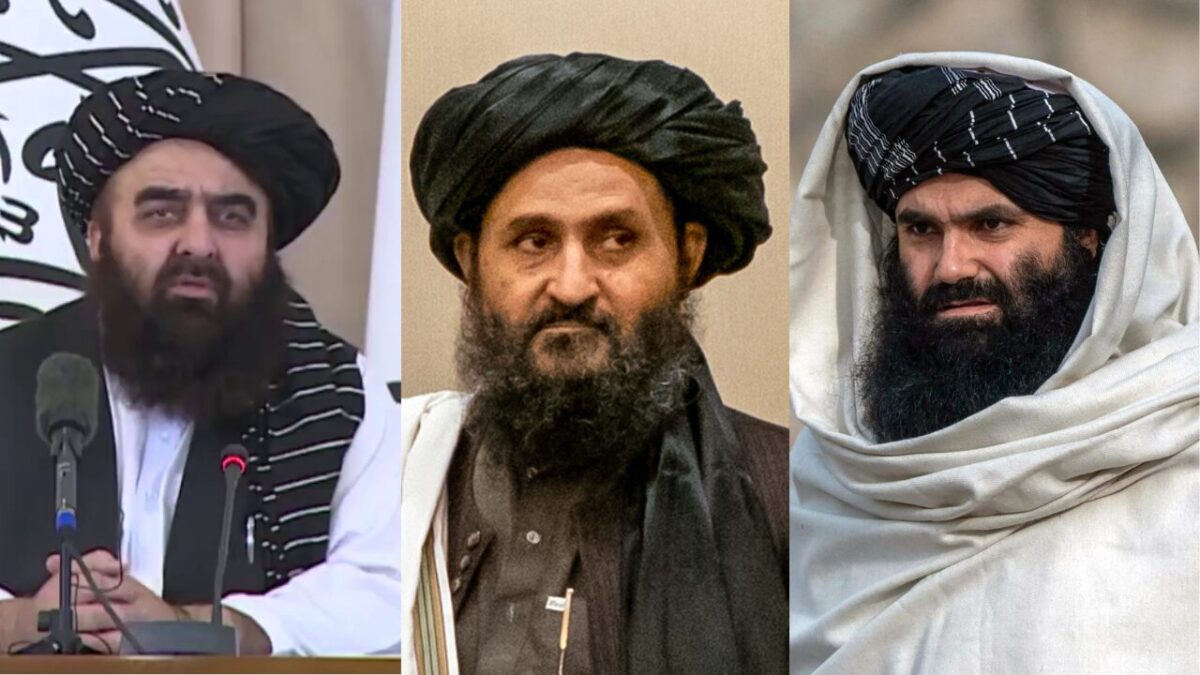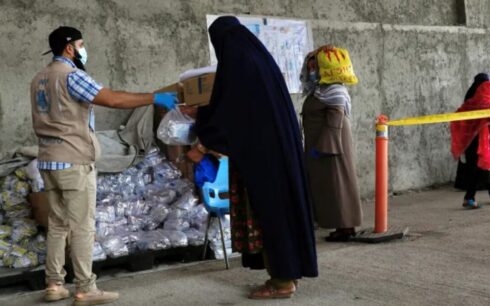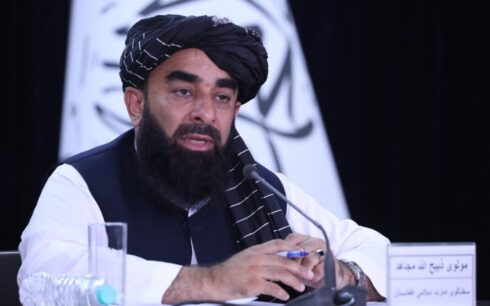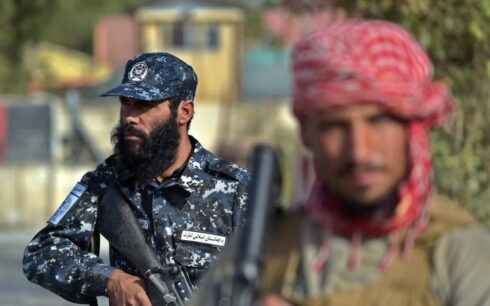KABUL — Senior Taliban officials have increased their international travel since the start of the new year, with at least 10 officials, including six under United Nations sanctions, traveling abroad in the past two months.
Taliban Deputy Chief Minister Abdul Ghani Baradar, Taliban Interior Minister Sirajuddin Haqqani, Taliban Foreign Minister Amir Khan Muttaqi, Taliban Intelligence Chief Abdul Haq Wasiq, Taliban Mining Minister Hedayatullah Badri, and Taliban’s acting Central Bank Governor Noor Ahmad Agha have visited Qatar, the United Arab Emirates, Russia, Saudi Arabia, and Uzbekistan.
In the latest trip, Baradar traveled to Uzbekistan on Saturday, Feb. 22, alongside Taliban Commerce Minister Governor Nooruddin Azizi, Taliban Central Bank Governor Noor Ahmad Agha, and Taliban Mining Minister Hedayatullah Badri. Baradar and Azizi returned to Kabul on Sunday, Feb. 23, but Badri extended his stay for two more days, according to Taliban officials.
During the visit, Baradar met with Uzbek officials to discuss oil extraction contracts and joint infrastructure investments.
Meanwhile, Haqqani and Wasiq traveled to the UAE, and Agha visited Russia. Separately, Deputy Minister of Economy Abdul Latif Nazari traveled to Japan last week.
Several of the Taliban officials traveling abroad remain under U.N. sanctions, including:
Abdul Ghani Baradar, Deputy Prime Minister for Economic Affairs (Sanctioned: February 23, 2001)
Sirajuddin Haqqani, Interior Minister (Sanctioned: September 13, 2007)
Amir Khan Muttaqi, Foreign Minister (Sanctioned: January 26, 2001)
Abdul Haq Wasiq, Intelligence Chief (Sanctioned: February 1, 2001)
Hedayatullah Badri, Mining Minister (Sanctioned: July 20, 2010)
Noor Ahmad Agha, Acting Central Bank Governor (Sanctioned: January 6, 2012)
While these officials remain on the U.N. blacklist, the U.N. Security Council has granted travel exemptions for several Taliban figures.
On February 7, the U.N. sanctions committee approved a waiver for Baradar, allowing him to travel to Doha, Qatar, for medical treatment from February 9 to March 3. However, he returned to Afghanistan early and then traveled to Uzbekistan.
On February 14, the U.N. also approved a waiver for Ahmad Zia Agha, deputy head of the Taliban-controlled central bank.
Earlier, on January 22, the committee granted Haqqani permission to travel to Saudi Arabia for an Umrah pilgrimage from January 23 to February 3.
On January 10, a similar exemption was issued for Noor Mohammad Thaqib, allowing him to attend a Hajj exhibition in Mecca from January 13 to 16.
In late December 2024, Muttaqi received permission to attend regional security and reconciliation meetings in Abu Dhabi, UAE, from December 28, 2024, to January 7, 2025.
Internal tensions
Despite these diplomatic engagements, sources told Amu TV that Haqqani has yet to return to Afghanistan due to internal Taliban disputes. In his absence, his deputies, Ibrahim Sadr and Mohammad Nabi Omari, are overseeing the Interior Ministry’s affairs.
Meanwhile, Afghan citizens and human rights advocates have voiced concerns over the Taliban’s continued restrictions on women’s rights.
“With the current conditions, especially for women, any positive engagement with the Taliban will only make things worse for us,” said a Kabul resident.
Another resident added, “Since the Taliban’s return, Afghan women have been stripped of their rights and freedoms. Even Afghan men feel suffocated. We urge the international community to listen to the voices of Afghan women.”
Analysts say the Taliban are using these trips to bolster their international legitimacy and expand economic ties. However, critics argue that foreign governments should not overlook the group’s human rights violations in pursuit of diplomatic engagement.





